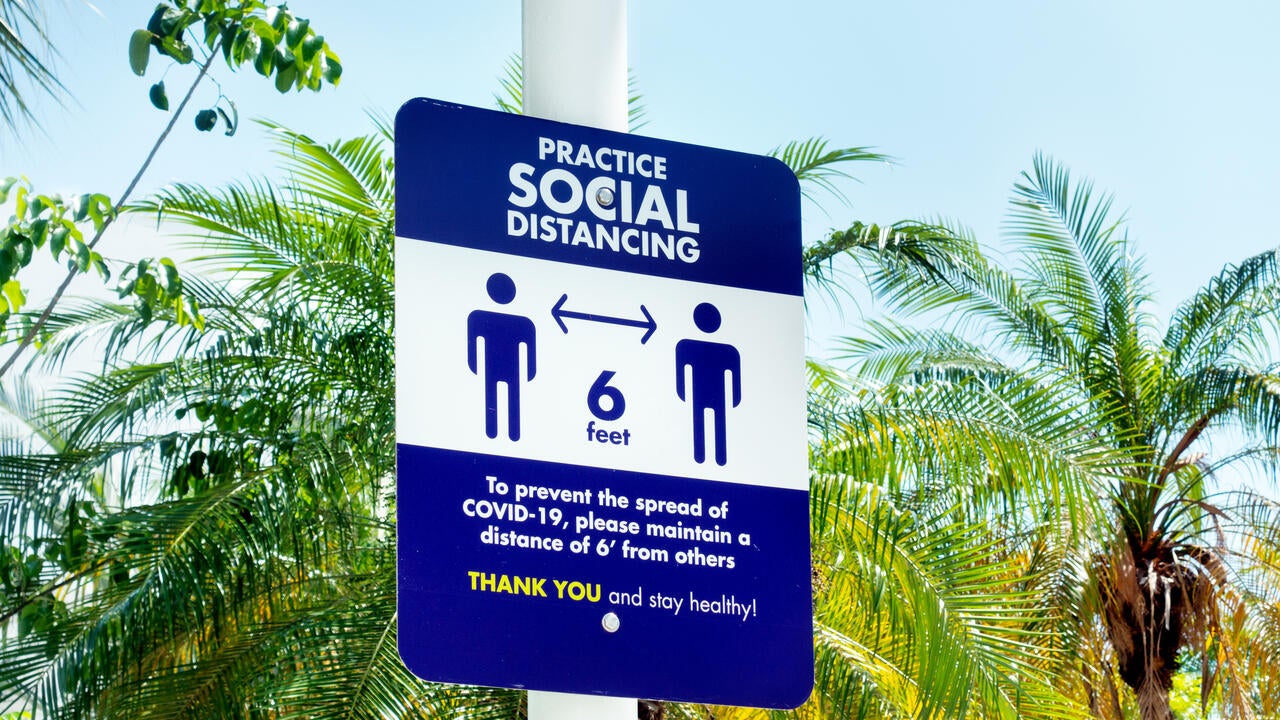
Reminders of ongoing advances in science instil trust in changing COVID-19 guidance
Frequent changes in safety guidelines caused people to judge experts negatively

Frequent changes in safety guidelines caused people to judge experts negatively
By Media RelationsOfficials could boost public trust in COVID-19 health recommendations by including reminders that changes to recommendations are expected as science evolves, a new study has found.
The research team first predicted and found that reminders of the frequent changes in safety guidelines caused people to judge experts negatively.
“People have often suggested that the revisions to safety practices might lead to distrust in the experts who are providing the guidance,” said study co-author Derek Koehler, professor of psychology at Waterloo. “Our goal was to examine the effects of salient changes in COVID-19 guidance—such as changes regarding mask-wearing—on trust in health experts, and to test interventions for enhancing trust.”
For a group of study participants in Canada, highlighting the frequent changes in guidance also lowered their intentions to download the COVID Alert contact tracing app.
To conduct the study, participants in Canada and the United States completed an online survey asking them to rate the perceived expertise and trustworthiness of public health officials and scientists during the COVID pandemic. Before completing their ratings, they were reminded of ways in which public health guidance on COVID had stayed the same or of ways in which it had changed over the preceding months.
Compared to reminders of consistency, reminders of changes in public health recommendations led people to rate public health authorities as having less expertise.
To test an intervention, the participants were presented with a “forewarning” message to accompany public health updates that emphasized how change in science is expected and is a good thing. It encouraged the study participants to take the perspective of a public health official who communicates this changing guidance.
“We found that this intervention helped make people more receptive to changes in guidance. For example, without forewarning, reminders of changing (as opposed to consistent) guidance led public health authorities to be seen as less trustworthy, but the forewarning message eliminated this negative effect,” said lead author Jeremy Gretton, who was a postdoctoral researcher at Waterloo when the work was conducted.
The study suggests communication strategies for public health updates that emphasize the recommendations are based on the latest advances in scientific evidence and understanding and that these will continue to evolve.
The study, A brief forewarning intervention overcomes negative effects of salient changes in COVID-19 guidance, authored by Gretton, Koehler, Ethan Meyers, Alexander Walker and Jonathan Fugelsang, was recently published in the journal Judgment and Decision Making.

Read more
To meet our AI ambitions, we’ll need to lean upon Canada’s unique strengths

Read more
New research from the University of Waterloo centres Haudenosaunee-led efforts in the repatriation and reclamation of cultural and intellectual property

Read more
Researchers awarded funding to investigate ecology, climate change, repatriation, health and well-being through cultural and historical lens
The University of Waterloo acknowledges that much of our work takes place on the traditional territory of the Neutral, Anishinaabeg, and Haudenosaunee peoples. Our main campus is situated on the Haldimand Tract, the land granted to the Six Nations that includes six miles on each side of the Grand River. Our active work toward reconciliation takes place across our campuses through research, learning, teaching, and community building, and is co-ordinated within the Office of Indigenous Relations.